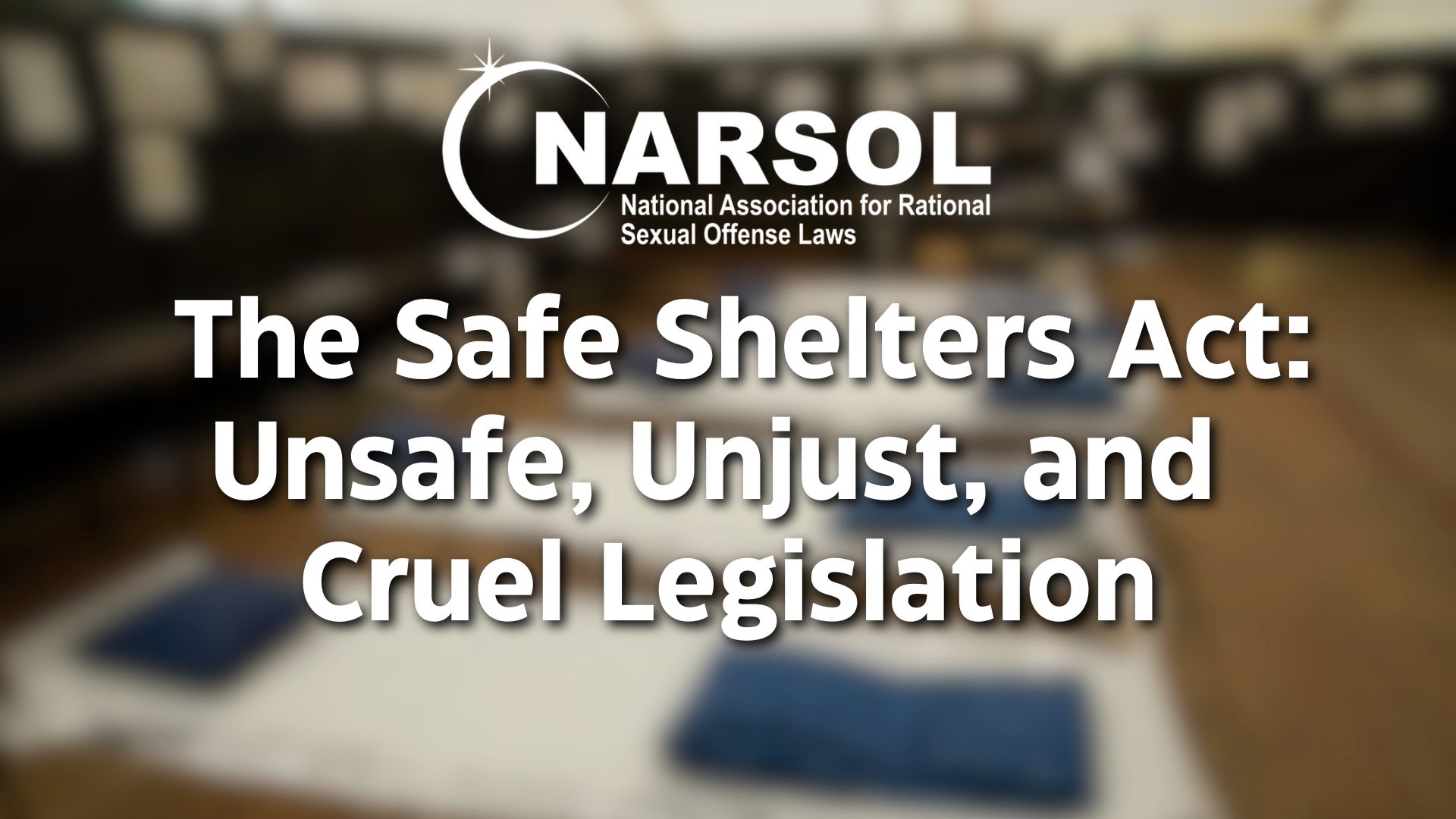NARSOL’s FL affiliate FAC leads plea for access to housing for homeless registrants says Steve Yoder
By Steve Yoder . . . On Nov. 1, Fort Lauderdale, Florida’s leaders paused during a city council meeting to highlight that they’d declared November to be “Hunger and Homelessness Awareness Month.”
“Homelessness was one of the main reasons I ran for office,” said then-vice mayor Ben Sorensen, who led the proceedings. “If we all pitch in and support each other and support some of the least of these, we can do amazing, amazing things.” The city recognized 18 organizations for their work with the unhoused and tweeted out a happy photo of the group.
But Sorensen didn’t mention that the city’s own rules are, in part, driving up homelessness. An ordinance forbidding most people on the state’s sexual offense registry from living within 1,400 feet of schools, daycares, parks, or playgrounds puts all but 1 percent of residences off limits to those on the offense registry and forces hundreds to live on the streets. Today, a sample of the city’s unhoused people on the state registry shows that a majority camp on a commercial strip on a major highway in north Fort Lauderdale.
Sorenson also did not acknowledge that the Florida Action Committee (FAC), a nonprofit that advocates for the rights of people placed on sexual offense registries, had, for months, been asking city and county leaders for a plan to house registrants. In the days after the Nov. 1 meeting, FAC escalated its actions. On Nov. 14, the group petitioned the United Nations High Commissioner for Human Rights, alleging that the U.S. public sex offender registry contravenes provisions of the Universal Declaration of Human Rights and International Covenant on Civil and Political Rights. The declaration bans “cruel, inhuman or degrading treatment or punishment.” The group asked the UN to investigate and attached a change.org petition that’s been signed by almost 4,500 people.
“The act of placing human beings on a public shaming list for life and subjecting them to the crippling and dehumanizing consequences, when that list has been proven through empirical research to be ineffective at preventing recidivism or reducing sexual offending, is cruel and degrading,” the group wrote to the UN.


